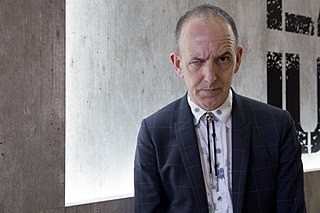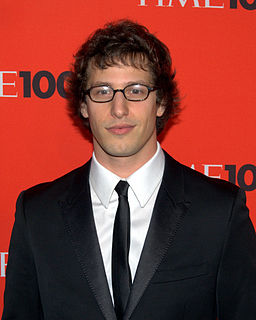A Quote by Morris Gleitzman
If we get caught up in a story, it's because we've started to care about the characters, and that can only happen if we've moved beneath the surface.
Related Quotes
Storytelling is more like a skin. You start with the outermost layer, what it's going to look like, then you kind of get deeper into it. What's actually going on beneath the surface is not really dictated by or related to the surface genre. It's more about what's going to happen between the characters and what's taking place in the story.
When you write a business fable, people get caught up in the story and don't get judgmental about what you're teaching them. If you're teaching a bunch of concepts, people get skeptical and say, 'Where'd you get that research?' But if you tell them a story, they get caught up in it while they learn.
After all, it was only a story,' I said, determined to prove her wrong. 'All manner of terrible things may happen in a story. They may be startling at the time, but it passes. One gets caught up in the narrative, but the dangers aren't real, are they? Things happen in any way the storyteller chooses. It is all just made up.
The story is the only thing that's important. Everything else will take care of itself. It's like what bowlers say. You hear writers talk about character or theme or mood or mode or tense or person. But bowlers say, if you make the spares, the strikes will take care of themselves. If you can tell a story, everything else becomes possible. But without story, nothing is possible, because nobody wants to hear about your sensitive characters if there's nothing happening in the story. And the same is true with mood. Story is the only thing that's important.
In the long run, the quality of your work is all that matters. That is your only resumé. Be professional. Make sure your editor or publisher can always reach you. Do what's asked of you if your conscience can bear it. But know that, five years from now, as fans or prospective employers are looking over your published pages, no one will care that this story sucks because the publisher moved the deadline up or because the editor made you work an android cow into the story. All they will care about is what they see in front of them, and they will hold you responsible for it, no one else.
I would say plotting is the most difficult thing for me. Characterization is only hard because sometimes I feel I get so interested in it that I want to talk too much about the characters and that slows the story down. So I say, "Hey, people want to find out what's going to happen next, they don't want to listen to you spout off about this or that person." But I think even the bad guy deserves to tell his side of the story.
You couple that with how I looked when I was younger, and growing up... The voice is not quite breaking. It's awful. No, I don't enjoy that at all. But that's one of the things people love and find so endearing about the Harry Potter series, and why they've lasted so long. Because people have grown up with us, and they care about the characters. They're not just some characters in the film, they're people you can relate to, and you care about, and you grew up with, and when they die in this film, people feel it!
You forget everything. The hours slip by. You travel in your chair through centuries you seem seem to see before you, your thoughts are caught up in the story, dallying with the details or following the course of the plot, you enter into characters, so that it seems as if it were your own heart beating beneath their costumes.
I like stories that begin with characters. I like to be engaged and moved by the characters in the story. I want to be moved. I want to leave the cinema and think about what I've seen. My sensibility is quite eclectic and it doesn't matter if they are small or large films, I just want to make good films.

































